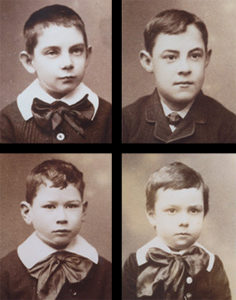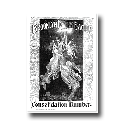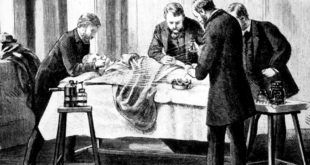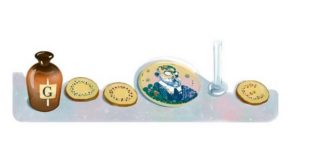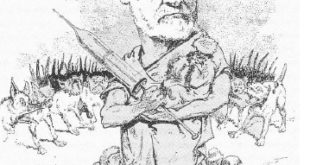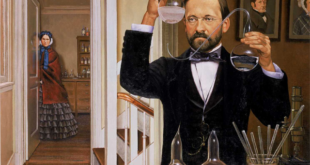That at all events is the minimum set by M. Pasteur himself. It is probably, therefore, that treatment within that time may in general be relied upon, but he more closely inoculation with prepared virus follows the bite the better chance of resistance. The poison, according to M. Pasteur, spreads upward from the wound slowly to the brain, and unless by his process the system is made refractory, finally attacks that organ. When by inoculation the body has been protected, the virus lurks more or less near the starting point, in proportion to the interval between injury and protection, and in due course of time, perhaps two years afterward, is digested and eliminated from the system. The prompt measures adopted by Dr. O’Gorman and the spontaneous generosity of the public in contributing means to make the passage, and so give the children the benefit of quick protection, render it almost certain that they will escape hydrophobia. The case will afford a fair test of the infallibility of the great Frenchman’s conclusions if, as is likely, any of the six dogs who were bitten at the same time the children shall develop rabies. That will prove that the first dog really was mad; that the children were therefore exposed to the disease and that to M. Pasteur’s method is due their escape. The incident will become historical however it may terminate. The good sense of the Newark physician, Dr. O’Gorman in applying at once to the only man who could help them; the generosity of the public and the kindly attention of the famous discoverer of this new remedy, all tend to make the case extraordinary. The priceless possession of life and immunity from the horrors of hydrophobia have thus been made free to the innocents. An alien city bears the burden of their hospital expense, should any arise; a stranger in another hemisphere freely bestows the fruits of years of ceaseless activity and experiment upon them; and two continents look on approvingly while hundreds of millions await the result with anxiety.
What contributes yet more importance to the case is the apparently striking outbreak of hydrophobia in Europe as well as this country. Heretofore while the disease was incurable, unpreventable and horrifying humanity had some protection in its rarity. Late accounts seem to show that now it is becoming common. This will probably be found fallacious, when we consider the figures which are at hand. M. Pasteur has about twenty patients now undergoing treatment, and 114 have been inoculated, of whom only one, a young woman who applied too late, has died. These 134 patients presumably represent all who have been bitten by mad dogs in the whole civilized world in a year. The chances are that this is an underestimate, but the fact that only four out of the entire population of the Unites States are supposed to be in danger shows that the disease is not prevalent.
Whether the Pasteur method will cure hydrophobia, once the poison has reached the great nerve center, is not yet determined. Similarly it has yet to be ascertained whether the bite of a dog or a human being under treatment, and therefore supposed to be more or less full of the poison, will communicate the disease. But this much is most positively determined, namely, that inoculation is a preventive of rabies. A few slaughtered dogs and rabbits are the sacrifice that the world has paid for deliverance from the most dreaded form of death. Vivisection and its correlated processes have revealed through M. Pasteur wonderful secrets of nature, the most important of which, perhaps, taken alone and not in relation to the principle, is that which relates to hydrophobia. It remains with us to turn to practical use the defensive weapon that the Frenchman’s genius has put into our lands. Heretofore the keeping of dogs in a city has been a menace to human life which ought not to have been tolerated. It was tolerated only because the alternative was a severe one, namely, the extirpation or removal of the poor beasts. Now that it is demonstrated beyond doubt that inoculation, according to Pasteur’s plan, renders dogs secure against rabies when bitten by rabid animals, dog inoculation should be made compulsory. Possession of an unlicensed dog involves forfeiture of the animal; possession of an uninoculated dog should carry with it thirty days’ experience of jail life. To keep a dangerous animal when one that is harmless would answer the purpose is to commit a crime.
 Pasteur Brewing Louis Pasteur – Science, Health, and Brewing
Pasteur Brewing Louis Pasteur – Science, Health, and Brewing 